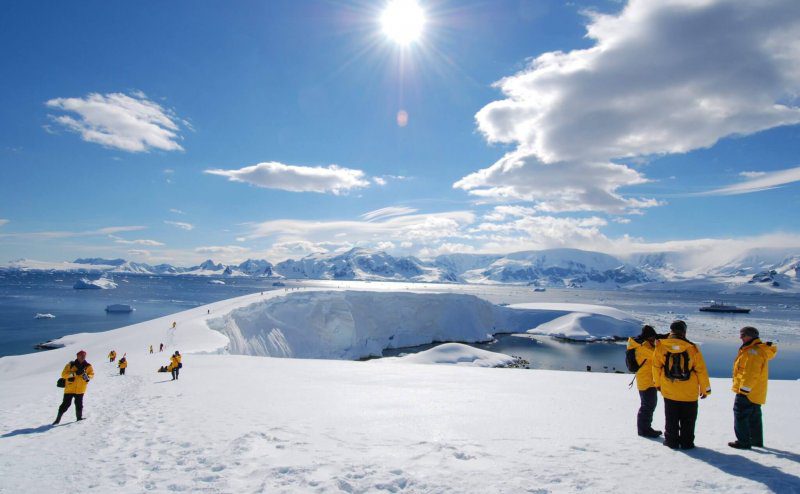
KYIV. June 7 (Interfax-Ukraine) – Ukraine will begin cooperation in the field of scientific research in the Antarctic region with China and Malaysia, and will expand cooperation with Turkey.
Such an agreement was reached during the 40th consultative meeting on the Antarctic Treaty, which ended in Beijing, China, on June 1, the press service of the Ministry of Education and Science of Ukraine reported.
“During bilateral meetings with the delegations of China and Malaysia, we agreed to hold talks on cooperation and, based on their results, to sign memorandums on scientific and technical cooperation in the field of Antarctic research. With Turkey, however, such a memorandum has already been signed, therefore we discussed with its representatives the areas for further cooperation,” the head of the Ukrainian delegation, the director of the scientific and technical development department of the Education Ministry, Dmytro Cheberkus, said.
In his words, it is important for Ukraine to carry out joint research with China, exchange scientists at stations and cooperate in the field of logistics. “With regard to Malaysia and Turkey, which do not have their own stations in Antarctica, they want to participate in research at the Ukrainian station ‘Academician Vernadsky’. Our task is to create proper conditions for this,” Cheberkus said.
According to him, last year Turkish scientists already participated in short-term research projects using the Ukrainian infrastructure – they studied the marine biology and the process of glaciers melting.
The Ukrainian delegation also agreed to hold joint events with their counterparts from France, in particular, cultural ones, on the basis of the French Institute.
In addition, Ukraine intends to participate in an inter-session contact group to discuss future challenges of the Antarctic research. The relevant agency was proposed by Australia, which will lead the group.
“The location of the Ukrainian station ‘Academician Vernadsky’ makes it possible to conduct unique observations, since there is a rapid melting of the ice cover in this region of Antarctica. We have excellent prospects for expanding international scientific cooperation in at least two areas: marine biology and monitoring of melting of the continental ice,” Cheberkus said.